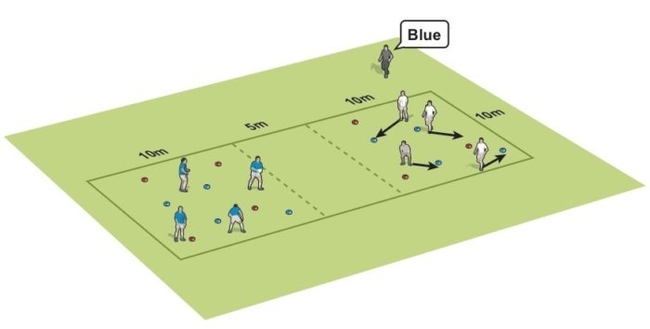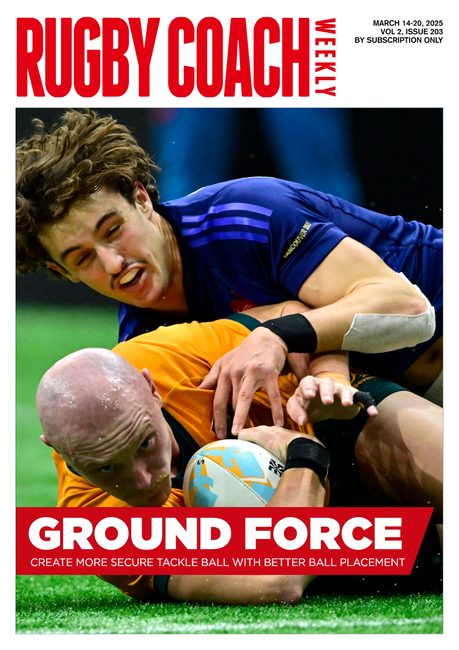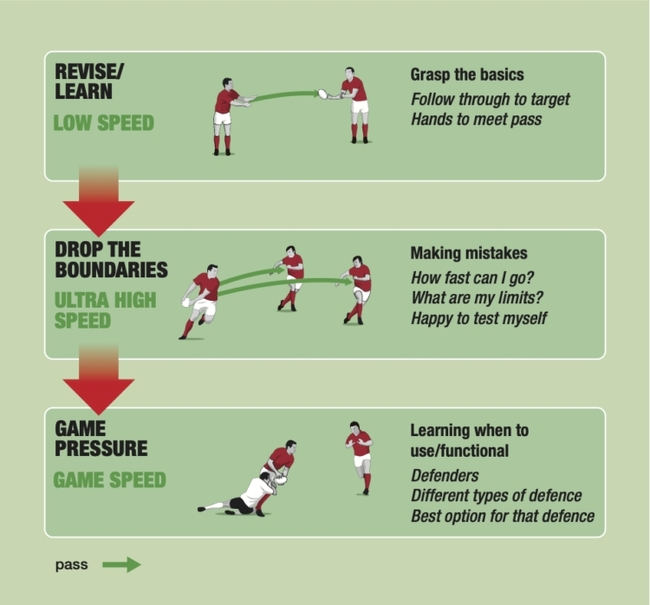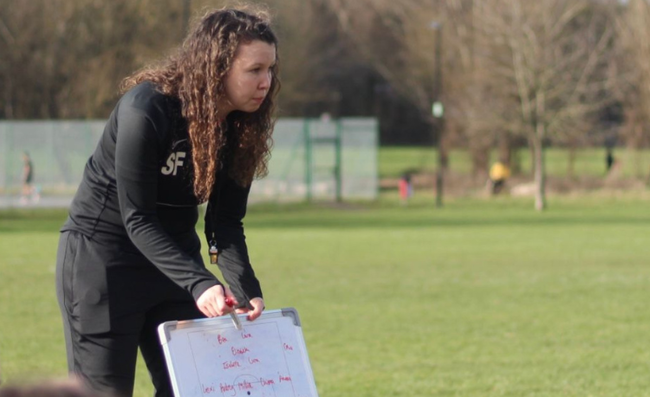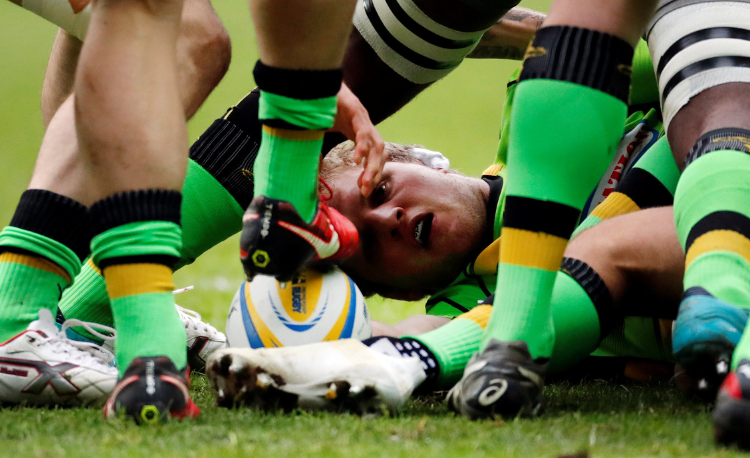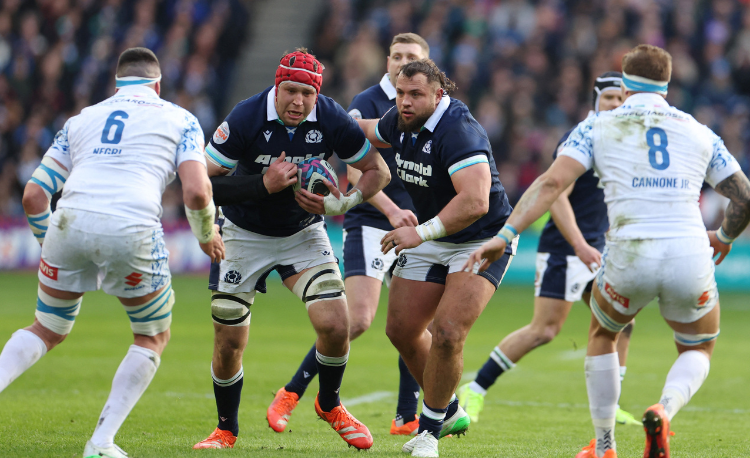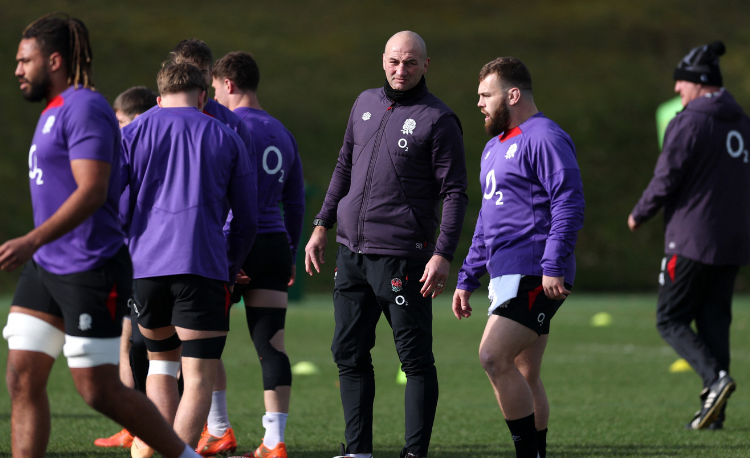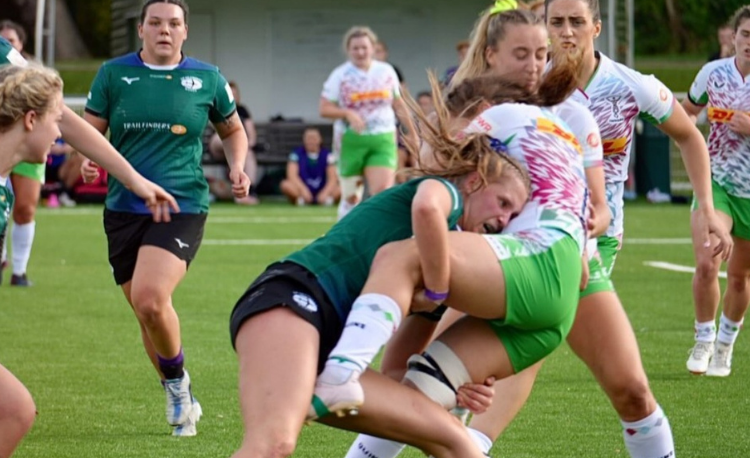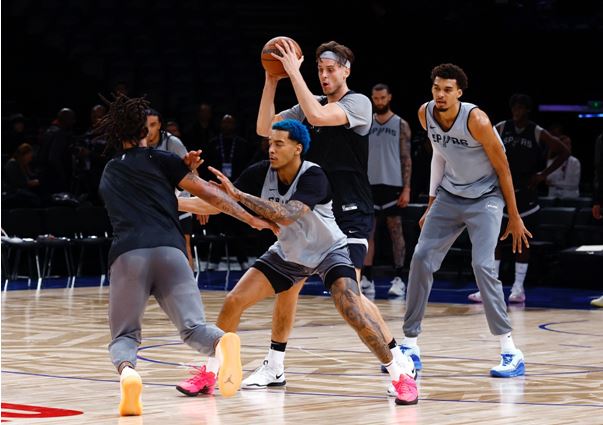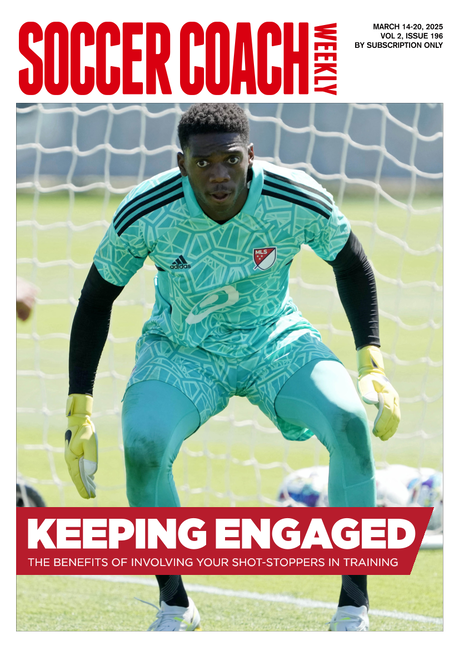5 ways to adjust when coaching kids
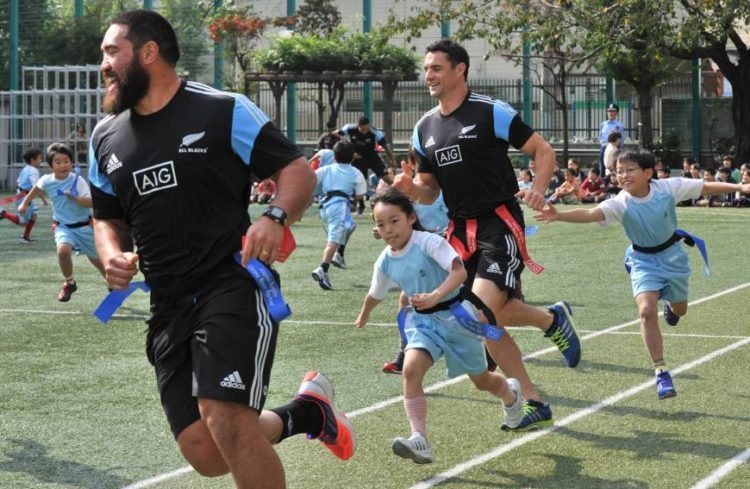
Rugby is essentially the same game, no matter the age of the players. But as a coach you need to vary your methods when training youngsters to help them grasp the basics. Here’s how to do it…
I’ve been lucky enough to coach at all levels of rugby in my career, from minis through to adults. At each stage, the game still has the same principles: go-forward, support, pressure and continuity.
In attack, your team goes forward to score tries and in defence your team goes forward to stop the opposition scoring. However, there are major differences in the way I plan and approach my training when coaching youngsters as opposed to adults…
1 COMMUNICATION
I use a simpler and shorter communication style when working with kids. This facilitates understanding and avoids us getting bogged down in discussing the technical or tactical aspects of a game element.
I’ll also ask youngsters more questions than adults to reinforce comprehension, using open questions such as: “what are the three key points in making a side-on tackle”?
2 TEACHING
With yo,ungsters I do a lot of teaching rather than coaching, especially with very young players. This involves introducing techniques in a way they understand and can repeat.
I use demonstrations to help me explain what I want them to do, and let them perform these techniques with no pressure until I’m happy they’re ready to cope with a bit of game intensity.
3 GAMES
I believe in playing a lot of games at training to improve players’ techniques in game environments – particularly with youngsters.
The games should always be fun and enjoyable. Adults also like these but I do far more with the kids.
4 RESPONSIBILITY
I expect adults to take on a lot of responsibility for their own development, such as leading aspects of training and team runs in preparation for a game.
With youngsters, there’s a far greater onus on me to lead the sessions, and I’ll issue instructions for drills and activities.
As youngsters mature, I devolve more responsibility. They lead the warm-ups, and injured players can assist with coaching and on-pitch decisions in games that they can run themselves – rather than me shouting instructions all the time.
5 EXPECTATIONS
Coaches need to understand what children at the various age groups can and can’t do, and have a clear idea of what aspects of the game/skills they should focus on at each level. I don’t get upset with mistakes made by youngsters as I would with adults, because I accept that the learning process involves these. Remember: mini rugby players are not mini adults.
Here are a couple of sessions to try out with your young players, and try out your adjustments.
Newsletter Sign Up
Coaches Testimonials

Gerald Kearney, Downtown Las Vegas Soccer Club

Paul Butler, Florida, USA

Rick Shields, Springboro, USA

Tony Green, Pierrefonds Titans, Quebec, Canada
Subscribe Today
Be a more effective, more successful rugby coach
In a recent survey 89% of subscribers said Rugby Coach Weekly makes them more confident, 91% said Rugby Coach Weekly makes them a more effective coach and 93% said Rugby Coach Weekly makes them more inspired.
Get Weekly Inspiration
All the latest techniques and approaches
Rugby Coach Weekly offers proven and easy to use rugby drills, coaching sessions, practice plans, small-sided games, warm-ups, training tips and advice.
We've been at the cutting edge of rugby coaching since we launched in 2005, creating resources for the grassroots youth coach, following best practice from around the world and insights from the professional game.
